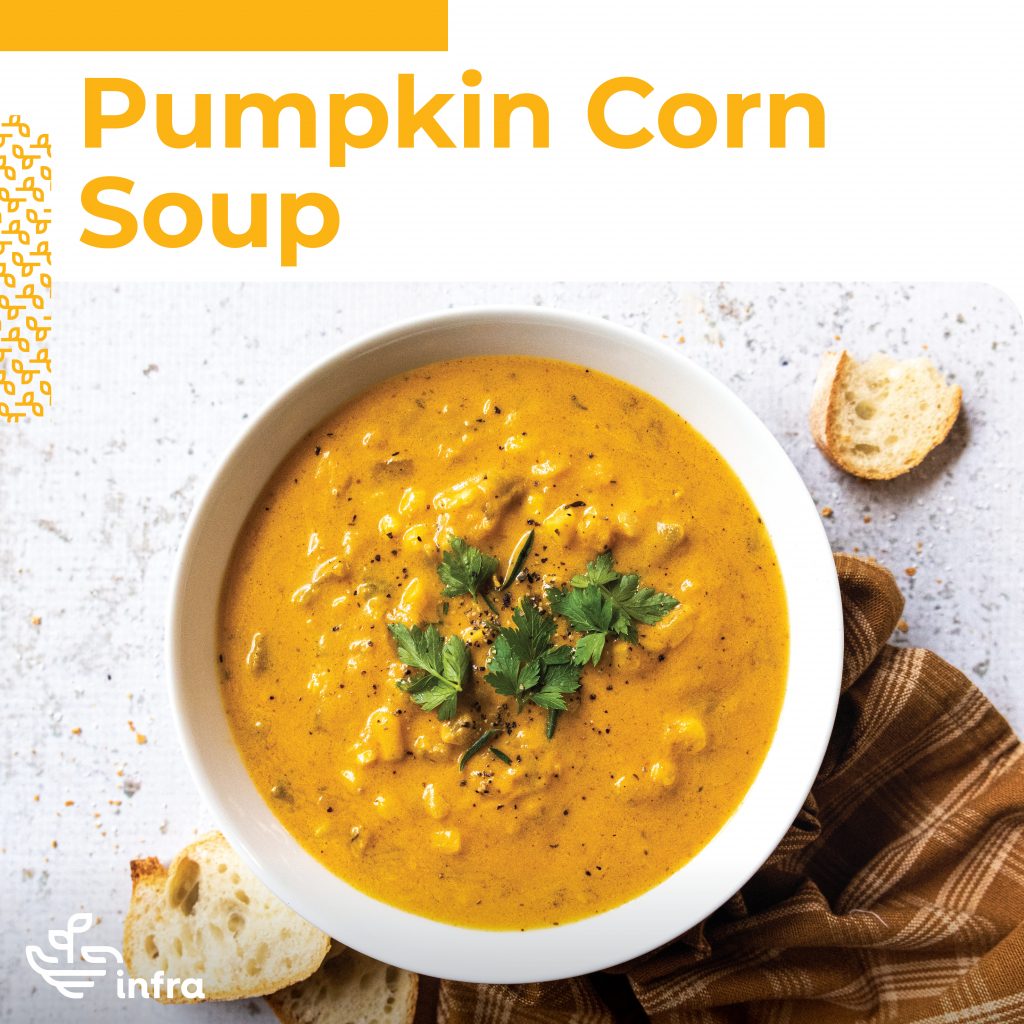Two new studies reveal benefits of vitamin K2
Fewer calcium deposits 
When people lose kidney function, they must go on dialysis to cleanse the blood of water and waste, but often see calcium build up in blood vessels. Vitamin K2 plays a role in controlling calcium build-up.
Earlier studies found those on dialysis tended to have lower levels of vitamin K2 compared to healthy people. In this study, 50 people on dialysis took 360 mcg of vitamin K2, as menaquinone-7, per day for four weeks.
Doctors measured a protein in the blood called matrix Gla protein, or MGP, which inhibits calcium build-up in blood vessels but needs vitamin K to activate this function. When vitamin K levels are low, MGP becomes inactive.
Doctors found those with high levels of inactive MGP were deficient in vitamin K2 and had more blood vessel calcification. Compared to the start of the study, levels of inactive MGP decreased 86 percent after taking vitamin K2 for four weeks.
Better athletic performance
Cells that produce energy have specialized units—mitochondria— that contain the smallest energy units, called adenosine triphosphate (ATP). Muscles, particularly heart muscle, contain high numbers of mitochondria to have enough energy to move the body. Vitamin K2 plays a key role in producing ATP.
In this study, 26 male and female athletes took a placebo or 325 mcg of vitamin K2 per day for four weeks, then 160 mcg of vitamin K2 per day for four more weeks.
Taking a standard cycle ergometer test, the vitamin K2 group saw a 12 percent increase in the maximum amount of blood the heart could pump by the end of the study. Vitamin K2 appeared to reduce by several months the amount of continuous training it would take to increase heart pumping capacity without vitamin K2.
Reference: BMC Nephrology; June, 2017, 18:191; Published Online
Natural Insights for Well Being October 2017
We’re dedicated to discovering the benefits of good nutrition and healthy lifestyle, and hope the above article informs and inspires you to take an active role in your health.
Articles shared on our site are to provide nutritional information only and do not replace professional medical advice.



